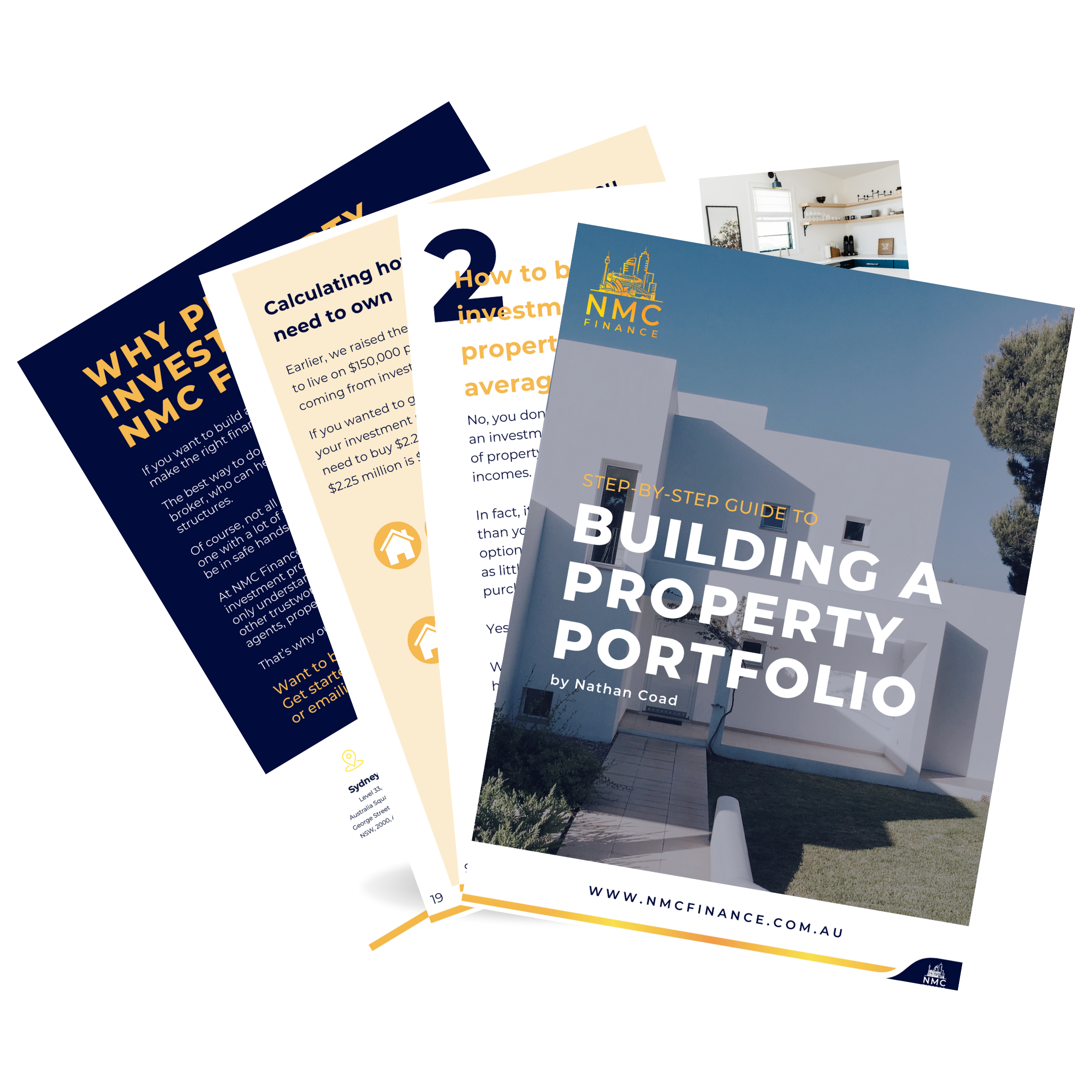Buying a home is an exciting and transformative journey, but it comes with a few hoops to jump. One of the most crucial steps on this path is securing pre-approval from lenders. While it isn’t mandatory and doesn’t guarantee your final loan approval, pre-approval can offer you invaluable insights and advantages. To apply for pre-approval, you will need to take some important steps and make necessary preparations.
What is pre-approval?
Pre-approval essential means that a lender has agreed, in principle, to lend a certain amount of money towards the purchase of your home. It provides you with knowledge of your maximum available funds, helping you narrow your search parameters and negotiate with certainty and confidence. While not mandatory, pre-approval is valuable in getting you closer to your new home or investment property. But what exactly does it take to secure a mortgage pre-approval from your broker?
1. Proof of Income
The bedrock of any mortgage application is proof of your income. Lenders need to know you have the financial means to repay your mortgage. When applying for pre-approval, be prepared to provide these documents:
- Pay slips: Your most recent pay slips serve as evidence of your current income.
- Tax returns: At least two years’ worth of tax returns to provide a comprehensive view of your financial history.
- Bank statements: Offering insights into your spending habits and your ability to save for a deposit and other costs.
2. Credit History
Lenders will scrutinise your credit history to assess your creditworthiness. Here, your credit score is important and indicates the level of risk you pose to lenders. A higher credit score implies lower risk and will make it easier to secure a home loan. However, you can still qualify for a mortgage with a less-than-desirable credit score or history. Your credit score is calculated by taking into consideration the number of open accounts you have, account diversity, credit utilisation ratio, payment history, previous late payments, defaults, and the number of credit inquiries made. When applying for pre-approval, be ready to provide:
- Credit reports: Your broker will need to pull your credit report to evaluate your credit score and payment history.
- Explanation of any credit issues: If you have marks on your credit reports, such as late payments or collections, be prepared to explain these to your broker. They can advise on how to mitigate their impact.
3. Employment Verification
Having a stable source of income is important to lenders. During pre-approval, they will ensure you have stable employment to repay the loan by verifying your employment status. You may need to provide:
- Contact information for your employer
- Proof of employment, such as a letter from your employer or recent bank statements showing direct deposits from your employer
4. Deposit Documentation
Lenders want to know that you have the necessary funds for a deposit and closing costs. Be prepared to provide:
- Bank statements or investment account statements showing your deposit funds.
- If a family member is gifting money, you may be required to provide a letter clarifying that the funds are a gift, not a loan.
5. Property Details
You don’t have to have found your dream home just yet, but lenders typically like to know the kind of property you want to purchase. During pre-approval, you may need to provide:
- The price range of the properties you like
- The suburb or area
- What type of dwelling do you wish to buy, e.g., house vs. apartment, property size, number of bedrooms or bathrooms, etc.?
- For investment properties, expected rental returns.
Does pre-approval mean my home loan application will be approved?
The short answer is no. Pre-approval does not guarantee that your home loan application
will be approved. Instead, it can help you set your budget to narrow down your search and
means you’re more likely to have a loan approved than not.
However, the following factors can influence whether your pre-approved loan proceeds to
final approval:
- Any changes to your personal circumstances
- Any changes to government regulations
- A negative valuation of the property by the bank
- A change in the property’s condition
Having this information ready when you meet with your mortgage broker can help streamline the pre-approval process and get you closer to your dream home. Each lender and mortgage broker may have specific requirements, so it’s a good idea to communicate with them early in the process to ensure you have all the necessary documentation in order.
Remember, a mortgage pre-approval is not a commitment to lend, but it’s a significant step toward realising your homeownership goals. So, gather your paperwork, choose a reputable mortgage broker, and embark on your home-buying journey with confidence.
* This blog is intended for general informational purposes only. For personalised advice tailored
to your unique financial situation, please contact NMC Finance.

